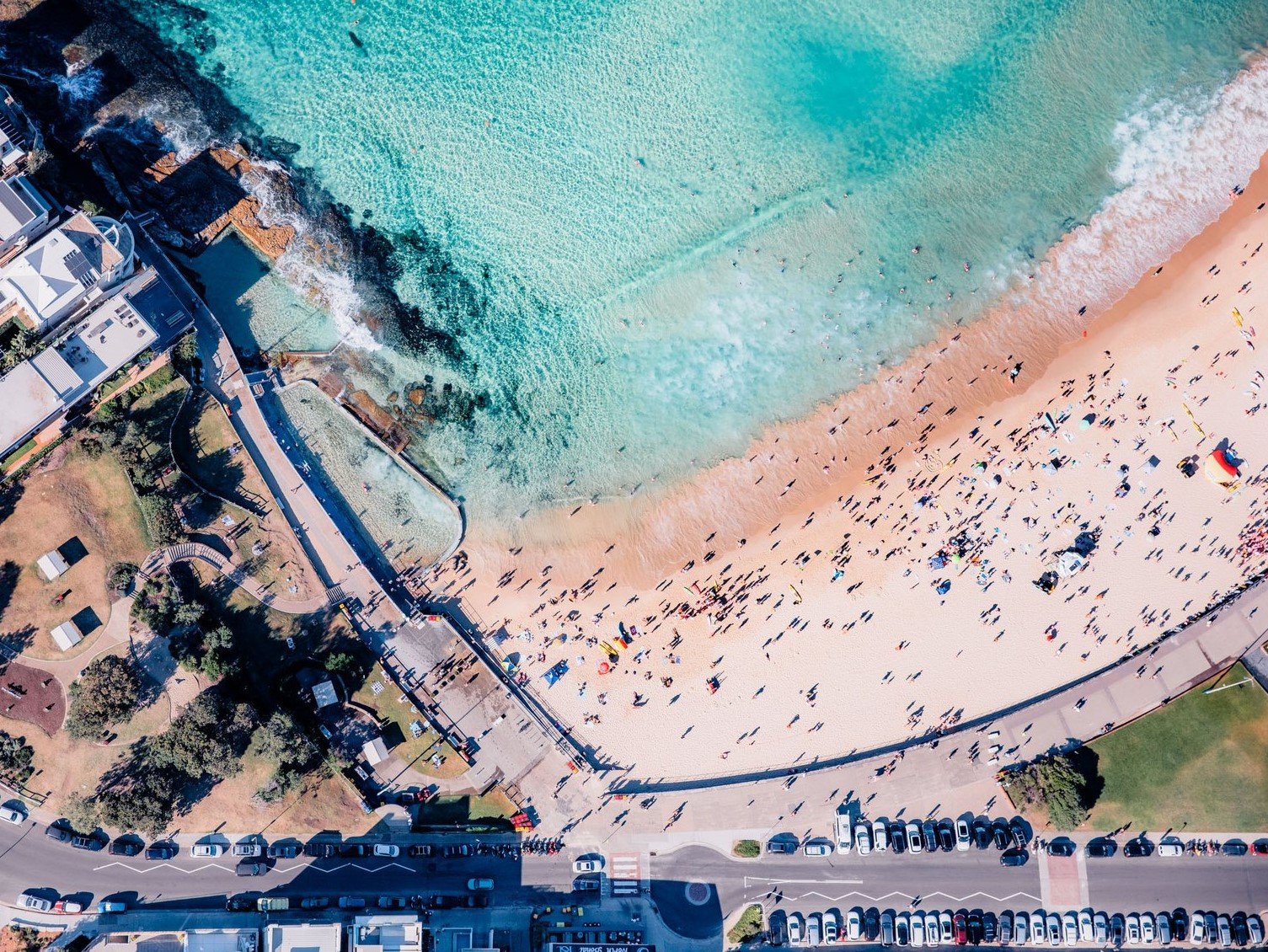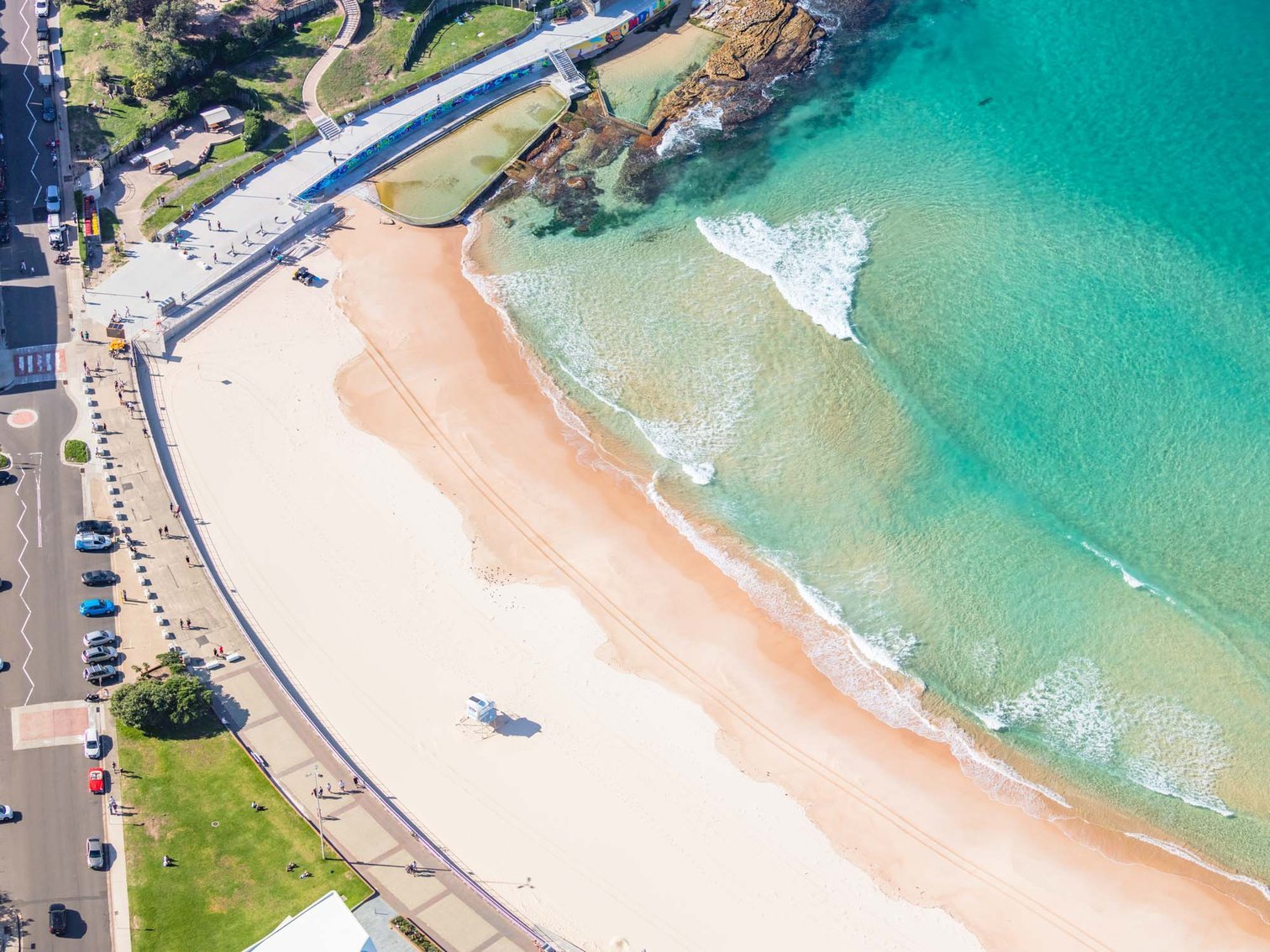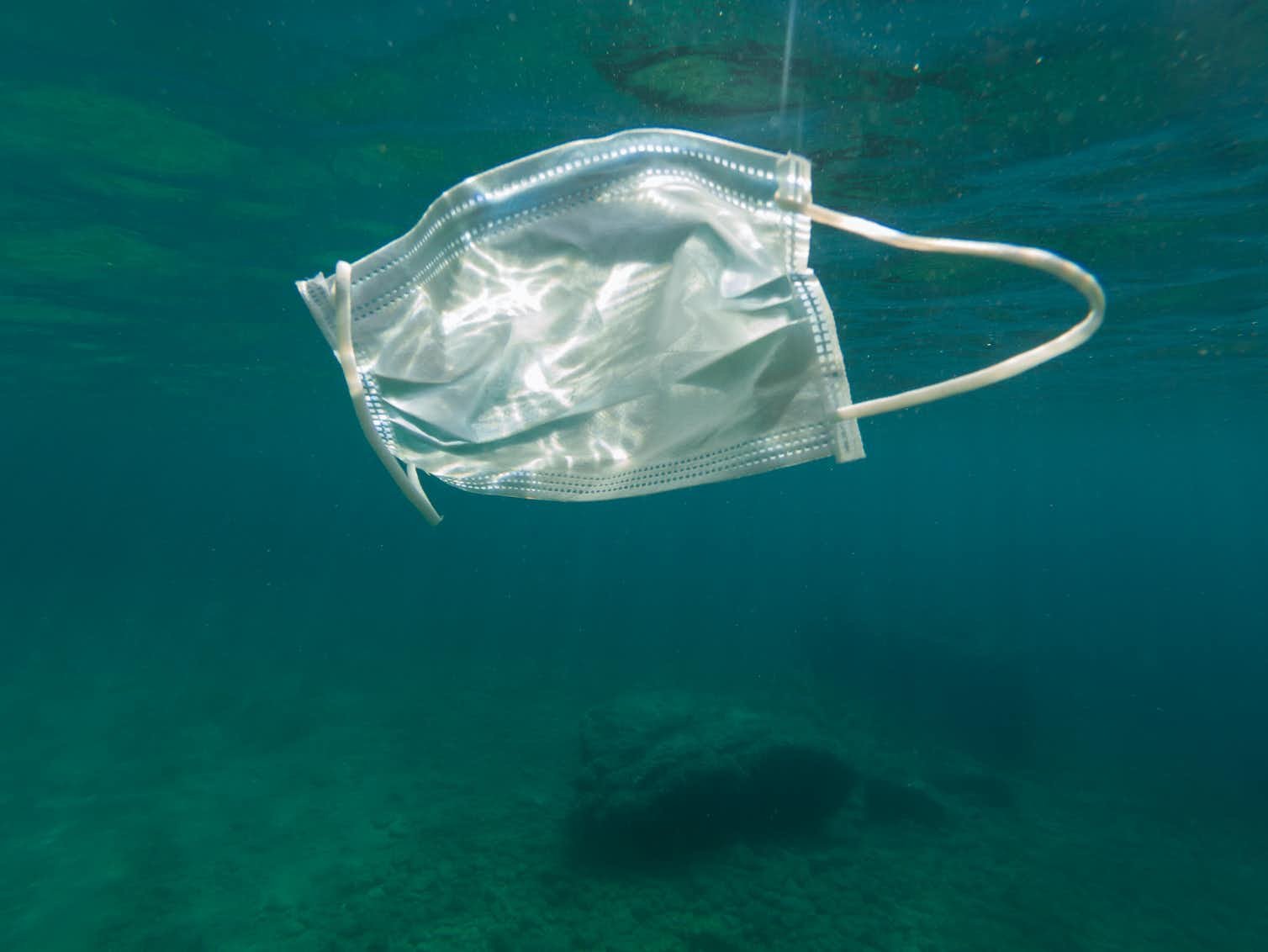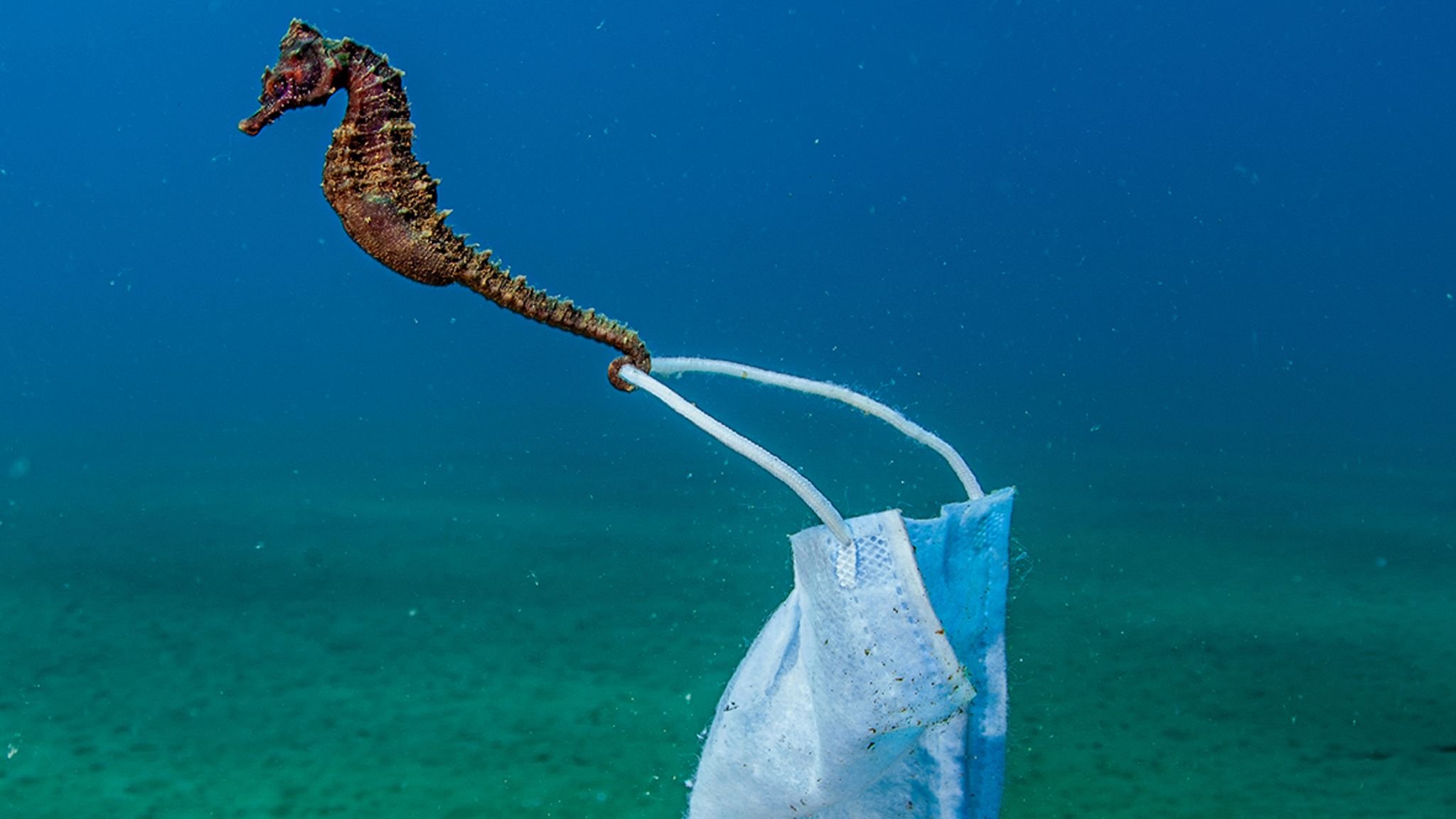Covid-19 and the marine environment
Written by Annika Withers, MMF Volunteer
There is no doubt that 2020 and 2021 have been some of the most challenging years most of us have faced in our lifetime. The Covid-19 pandemic has not only caused a global economic shutdown affecting many industries, jobs, livelihoods, and human health; but has also had several impacts on terrestrial and marine environments with both positive and negative outcomes.
As we begin to approach the end of 2021 and draw closer to the easing of restrictions in Australia, let’s reflect on how the past two years of lockdown and restricted movement has impacted our marine ecosystems.
Covid-19 positives?
Despite the hardships brought on by the pandemic, a silver lining of the mass lockdowns and reduced human movement appeared. A decrease in some anthropogenic environmental impacts was observed during the pandemic, including a reduction in general debris and plastic waste found on beaches, improved air quality in some parts of the world, and reductions in greenhouse gas emissions due to decreases in transportation and industrial production.
A popuation of Burrunan dolphins resides in Port Phillip Bay, a highly biodivese yet anthropogenically impacted environment.
Sound the alarm
Another anthropogenic impact that was greatly reduced was noise pollution. Human-induced underwater sound has been increasing in recent decades due to growing coastal tourism and recreational boating activities. Marine mammals such as whales and dolphins use sound for many core biological activities such as finding food, mother-calf communication, social cohesion, and navigation. Human activities such as shipping and recreational boating create noise that operates at the same frequency that dolphins use to communicate, masking their communication, ultimately resulting in the displacement of dolphins and whales from areas of high human impact, and potentially impacting on their health. However, with lockdowns ruling out recreational activities, the oceans, bays, and lakes became much quieter places.
These unprecedented times of such dramatic reductions in vessel activity provided a unique opportunity to understand just how human-induced noise may be impacting the health and behaviour of marine mammals. The results of studies being undertaken around the world, including here at MMF, as the oceans go quiet during the pandemic will provide important biological information to inform further marine mammal conservation and management of anthropogenic noise pollution.
Some small recreational vessels breach the regulated 100m marine mammal apporach distance.
Future negatives...
Despite these positive outcomes, the improvement in air quality and reductions in noise pollution are unfortunately only temporary. As restrictions begin to ease and the world approaches “covid normal” allowing air travel and recreational boating activities to resume, noise and general pollution levels will begin to rise again.
Additionally, throughout the pandemic we have seen a greater presence of surgical face masks and gloves as environmental pollutants. Since the pandemic began in 2020, face masks have been found in large numbers along beaches, tucked away in riverbeds, and floating in the ocean. Face masks provide a significant risk to marine life that encounter them. Floating face masks are often mistaken as food, which can result in choking during consumption, or once consumed can fill up the stomach while providing no nutrients. The elastic strings provide an entanglement risk for fish and marine birds. Surgical grade face masks and gloves are also non-biodegradable, over time breaking down into smaller microplastics, creating further environmental concerns with the potential to carry chemicals and bacteria up the food chain.
Our new normal
While the state of global lockdown is not sustainable, the Covid-19 pandemic has given us the opportunity to recognise areas of environmental concern that can change positively, while highlighting new concerns. Beyond the pandemic there will be a huge opportunity to reshape certain industries that weigh heavily on the environment. Going “back to normal” should not be our goal, as our previous “normal” wasn’t working ecologically. The pandemic is providing an opportunity to recognise that sustainable practices, largely in the transport sector, could see global improvements, and with enough people enacting change there can be positive outcomes.






